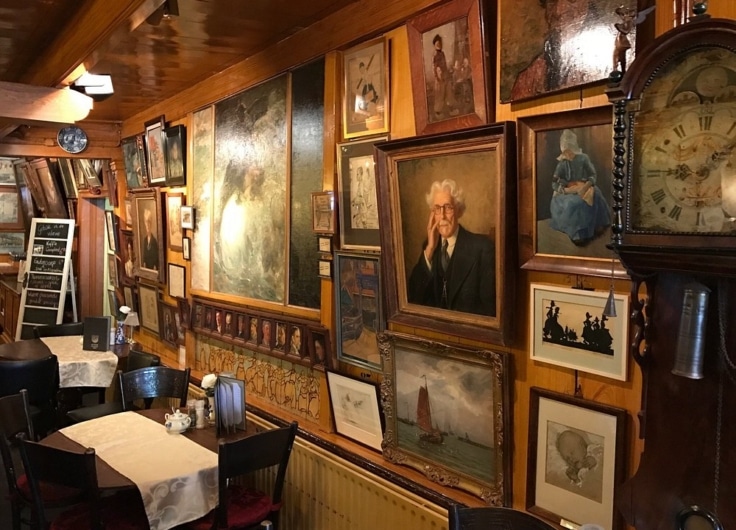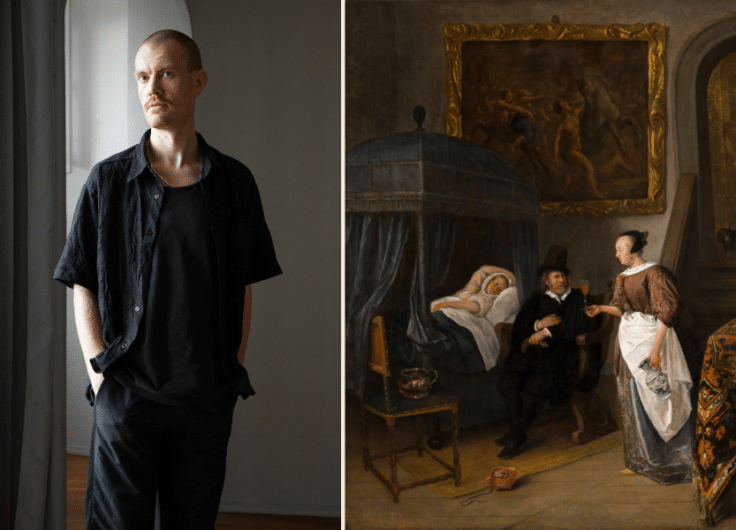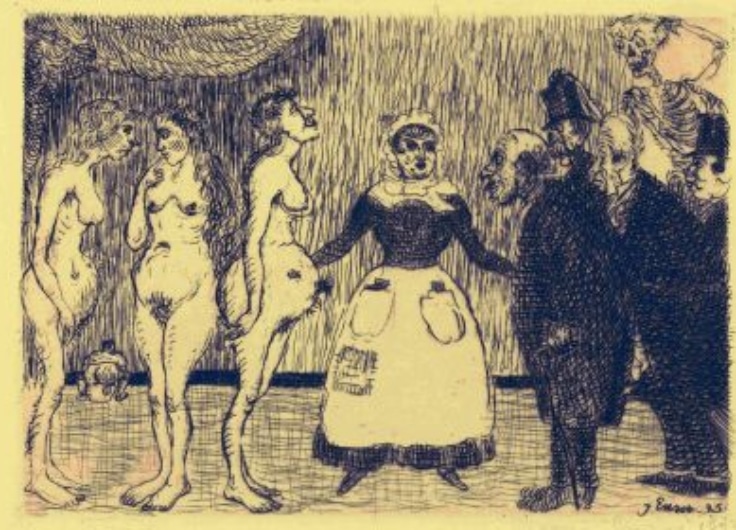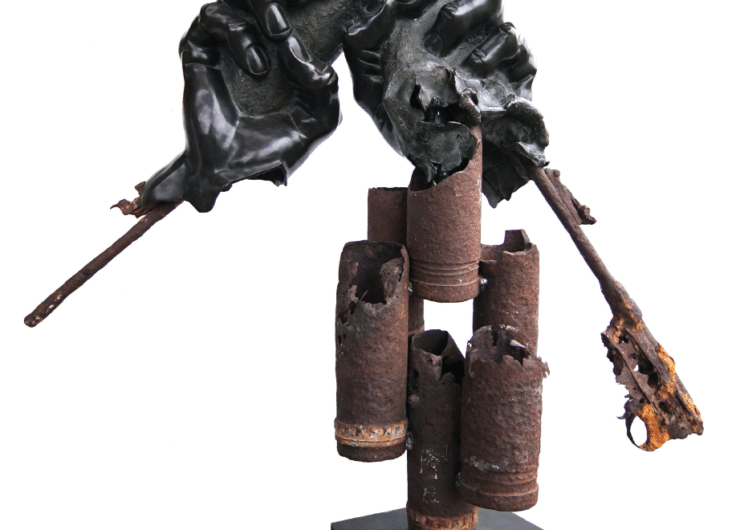‘Waar is de leestafel?’ – ‘Where’s the reading table?,’ asked someone in an online review of the Café Americain. It seemed a little piece of Amsterdam heritage had gone missing.
 Café Americain
Café Americain© Instagram Café Americain
The famous Art Deco Café Americain was added to the American Hotel on Amsterdam’s Leidseplein in 1928. Known as “the living room of Amsterdam”, it was a favourite haunt of the city’s artists, writers and actors, as well as international musicians performing at Paradiso and Melkweg.
The Americain was one of the first in Amsterdam to offer its customers a leestafel, or reading table. Inspired by the grand coffee houses of Vienna and Berlin, the owners placed a large table in the middle of the cafe with a selection of daily newspapers and magazines. It didn’t match the old Café Bauer in Berlin where customers had a choice of six hundred publications, but it was well stocked with local and international newspapers. Each newspaper clamped by two wooden sticks to keep it tidy (and avoid theft).
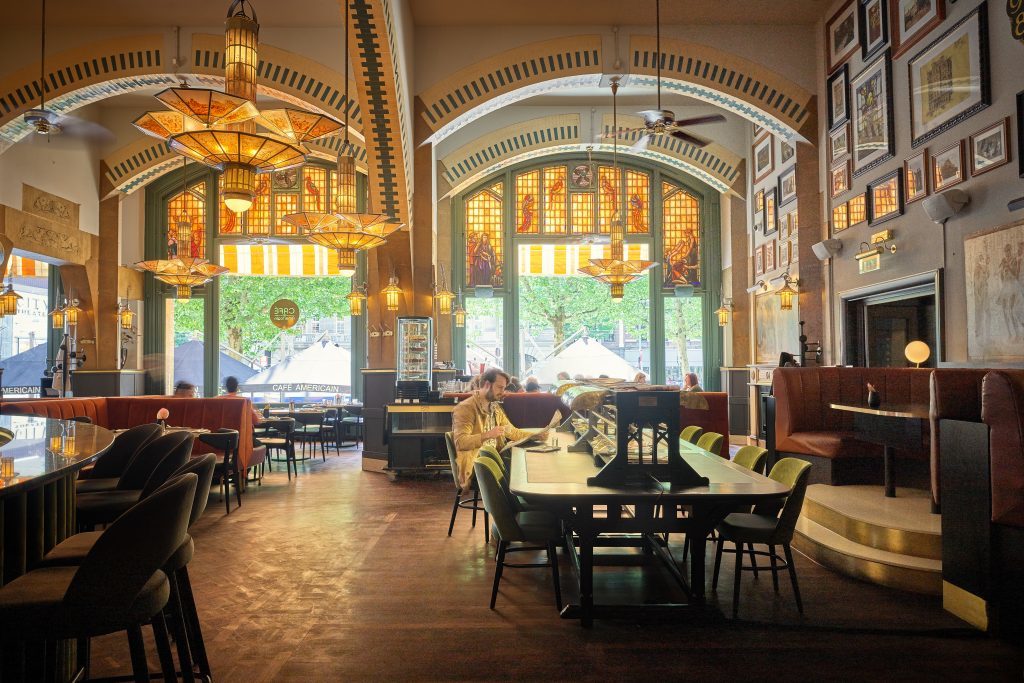 Reading table in Café Americain
Reading table in Café Americain© Instagram Café Americain
The writer Harry Mulisch, who lived opposite the hotel, liked to work at the leestafel, while his daughter ran the hotel’s newspaper kiosk. After his death in 2010, it became known as the Harry Mulisch Leestafel. A brass plaque was screwed into the side of the table. It quoted Mulish’s words, What isn’t read, isn’t written. What isn’t heard, isn’t spoken. What isn’t seen, doesn’t exist.
 Harry Mulisch (1927-2010)
Harry Mulisch (1927-2010)© Wikipedia
The hotel eventually fell into the hands of an international hotel chain that saw little reason to preserve its old charm. The Harry Mulisch Reading Table was moved to the basement, the newspaper subscriptions were cancelled, and a self-service salad bar took over the spot where the table once stood. But then came the protests. Finally, the hotel owners agreed to bring back the table, along with an assortment of quality newspapers including International Herald Tribune, Financial Times, de Volkskrant, NRC Handelsblad and Het Parool.
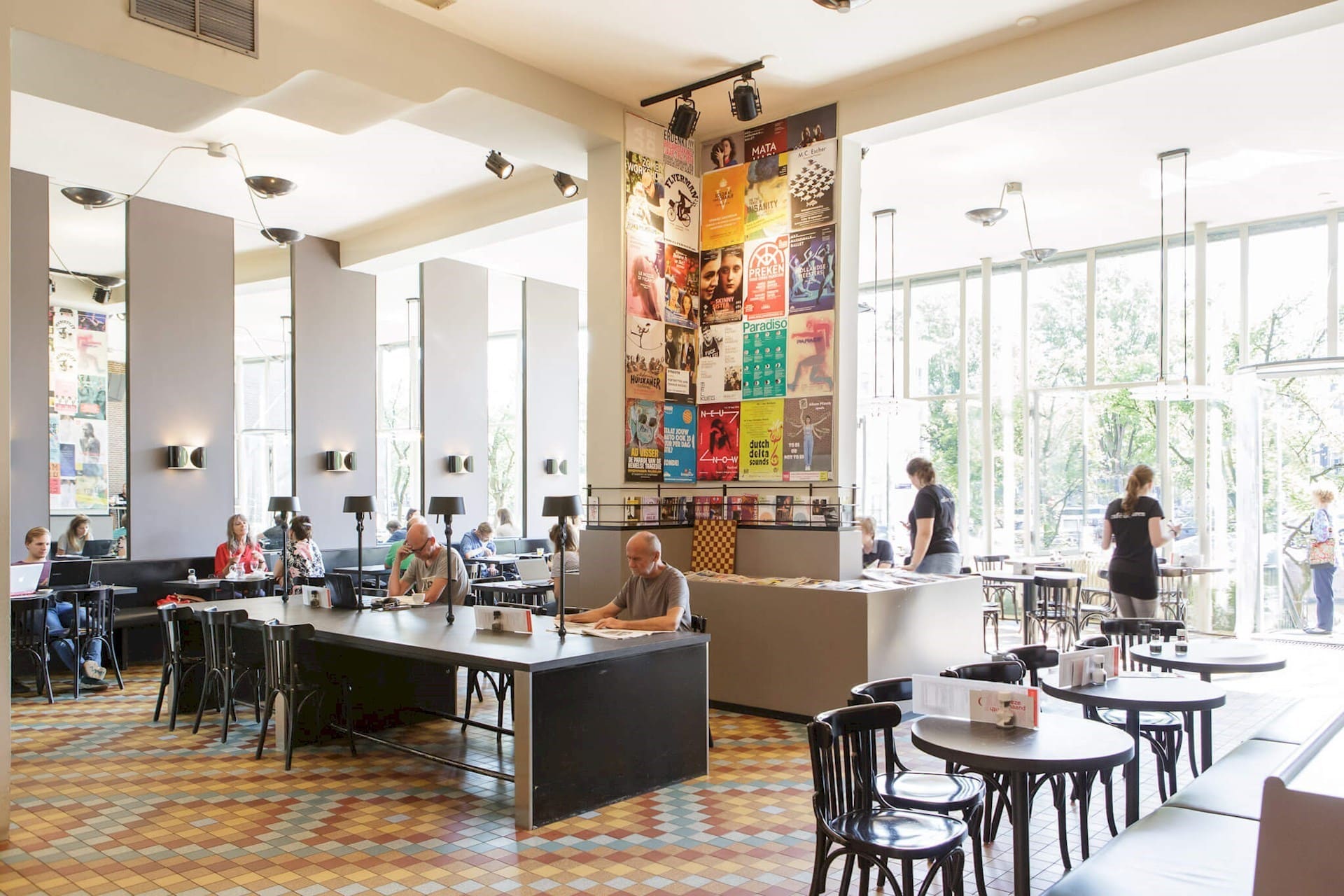 The reading table has survived in more than 20 Amsterdam cafes including the popular De Jaren.
The reading table has survived in more than 20 Amsterdam cafes including the popular De Jaren.You might be thinking that a leestafel is an obsolete idea in an age when everyone flips open a laptop the moment they sit down in a cafe. But the reading table has survived in more than 20 Amsterdam cafes including the popular De Jaren, where the table is integrated into the interior design. It offers customers an enormous choice, from ten daily copies of De Volkskrant and four copies of NRC Handelsblad, to single copies of El Paìs, Corriere della Sera, Süddeutsche Zeitung, Libération, The Guardian and La Repubblica.
As Mulisch once said, What isn’t read, isn’t written.


